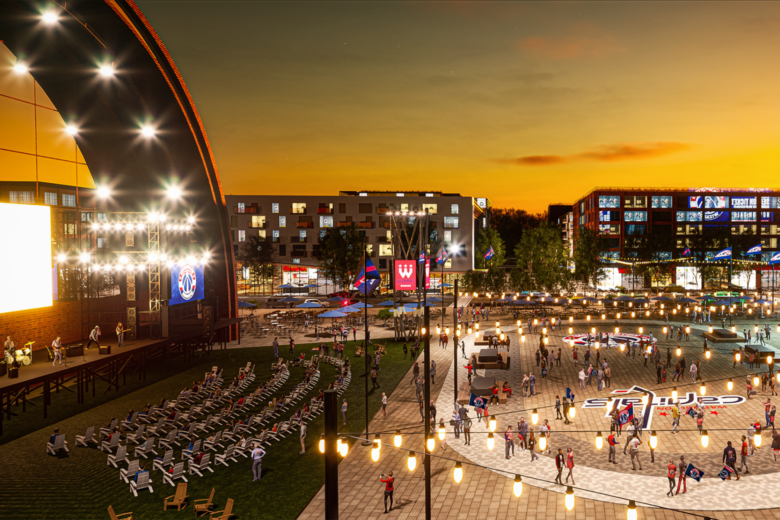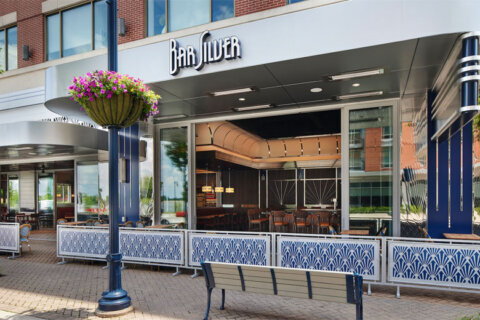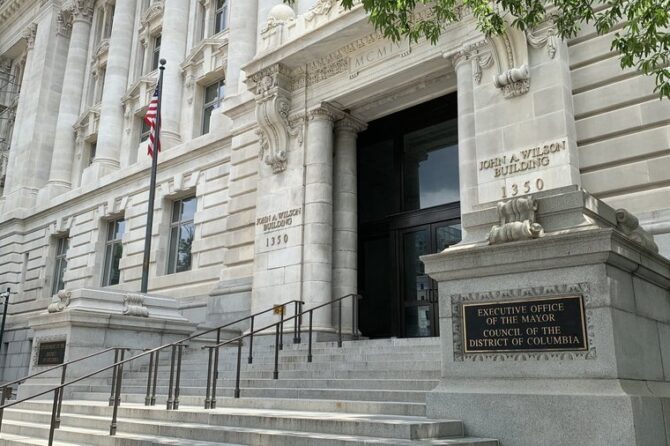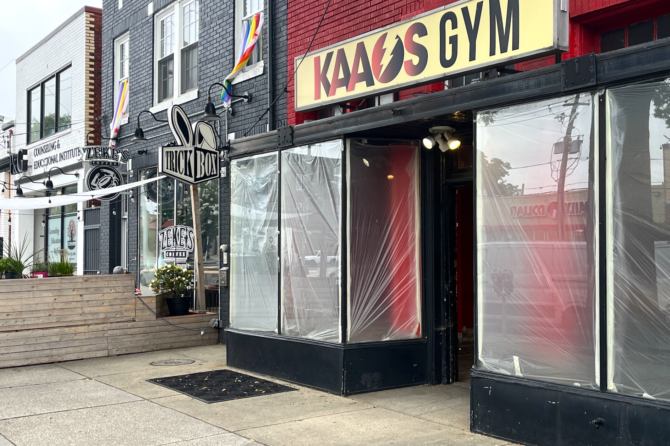WTOP NEWS: The owner of the Washington Capitals and Washington Wizards is hitting back at the criticism of his plan to move the teams to Northern Virginia. In an email to fans, Ted Leonsis said “space and opportunity” is driving the decision to take the teams out of Capital One Arena in D.C.
“Professional sports teams are realizing that to build championship level contenders, an outsized investment in space is required,” Leonsis said.
According to Leonsis, many teams must go far outside of city centers to find space to grow, but he said that didn’t have to happen for the Wizards and Capitals.
“This unique plot of land in Alexandria is mere miles from downtown Washington, DC, along the Potomac River, incredibly accessible to fans, and next to a metro stop,” he said.
Leonsis announced in December that the teams would move to a 17-acre entertainment district in Alexandria’s Potomac Yard after construction of a new arena and headquarters for Monumental Sports and Entertainment is completed.
Critics of the move had said a move to Alexandria would make games harder to get to for fans, but Leonsis pushed back at those claims.
“I disagree with claims that this project would move the teams in a way that will reduce accessibility for fans. The Entertainment District will be 4.5 miles from Capital One Arena, 2.6 miles from the Washington, DC border, under one mile from Ronald Reagan Washington National Airport, one of the most accessible major metropolitan airports in the United States, and a couple hundred feet from the newly opened Potomac Yard-Virginia Tech Metro Station,” he wrote.
Leonsis also believes the move would put the teams closer to where fans live, stating that between the Capitals and the Wizards, 44% of fans who attend games are from Virginia, 41% are from Maryland and 15% are from Washington, D.C.
Also, he said only 20% of Monumental’s workforce lives in the nation’s capital.
In response to concerns about the traffic the games could bring to Northern Virginia, Leonsis said work is underway to study and optimize the transportation options for fans.
“The Entertainment District will be in a vibrant and central location for our fans, accessible by Metro, car, with 2,500 underground parking spaces, dedicated rideshare drop off, water taxi, walking, running, and bike trail.”
Lawmakers in Virginia still must approve the plan to allow for the formation of a public-private partnership for the project.
Monumental, according to Leonsis, will contribute more than $400 million to the project and construction and it would require no upfront cash from the state. Once opened, he said the site would pay for itself through lease payments, user fees for people who go to the entertainment district and taxes generated from activities at the site.
“I find the notion that sports arenas and stadiums do not provide economic benefit to be simply illogical,” Leonsis said.
He said his company plans to continue to support downtown D.C., in part by keeping the existing Capital One Arena in the Chinatown neighborhood, writing “it is clear to us, and many of our neighboring businesses and residents in Chinatown that the needs of downtown Washington, DC and its businesses and residents are significant and challenging for the city. Just as Monumental Sports & Entertainment was part of the initial renaissance of downtown Washington, DC, we would like to be part of the next renaissance.”
Among those plans would be to relocate the city’s WNBA team, the Washington Mystics, to Capital One Arena.
“Fortunately, women’s sports are ascendent, experiencing significant growth. The Mystics regularly sell out their home games. Unfortunately, the Mystics and its dedicated fan base are outgrowing the Entertainment and Sports Arena,” he said.
Leonsis said the city-run Entertainment and Sports Arena at the St. Elizabeth’s East campus would still be used as a practice facility and headquarters for the team.










